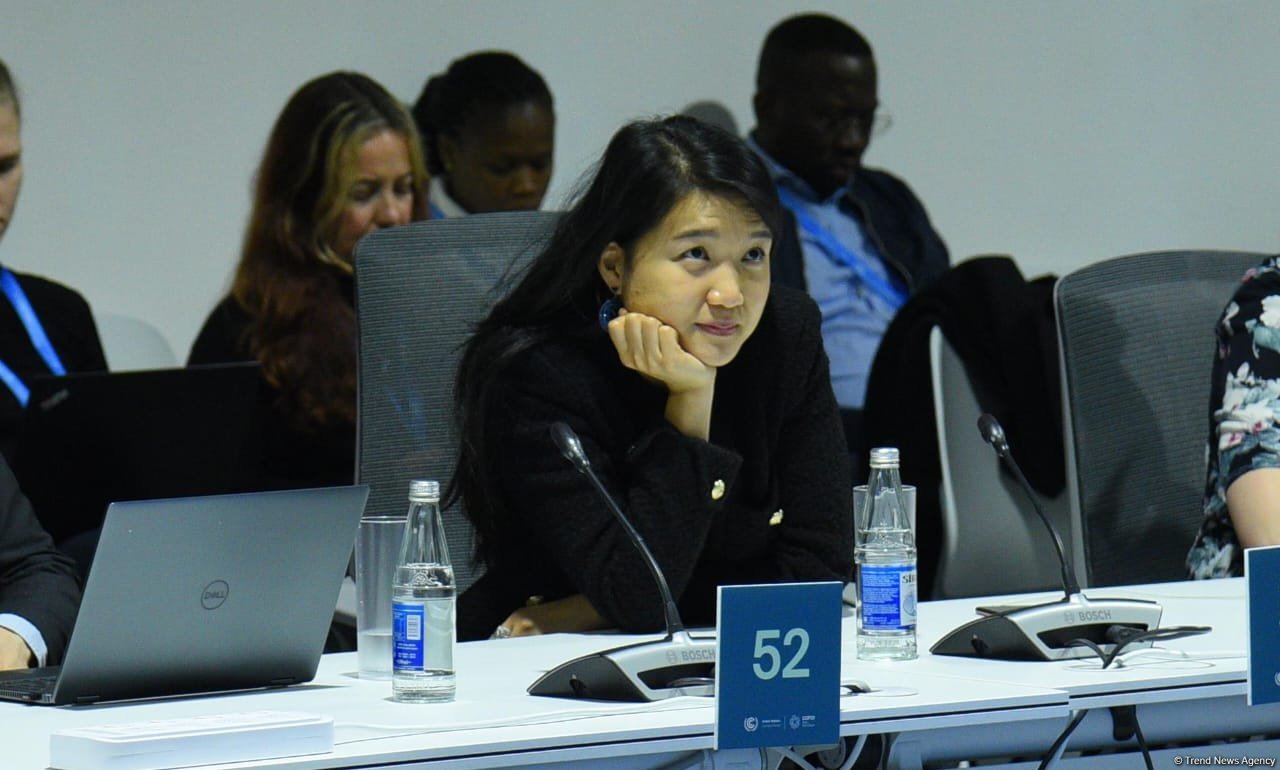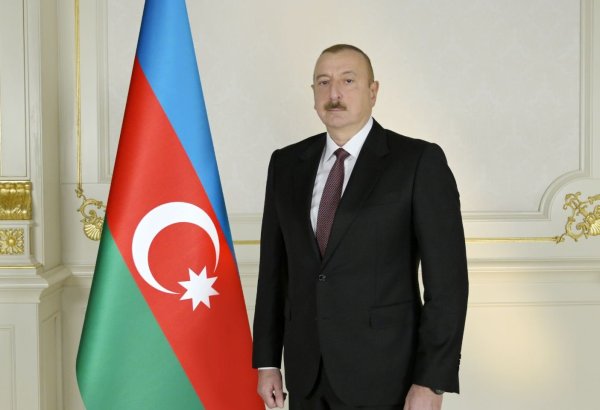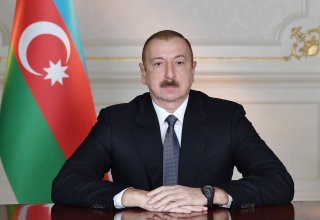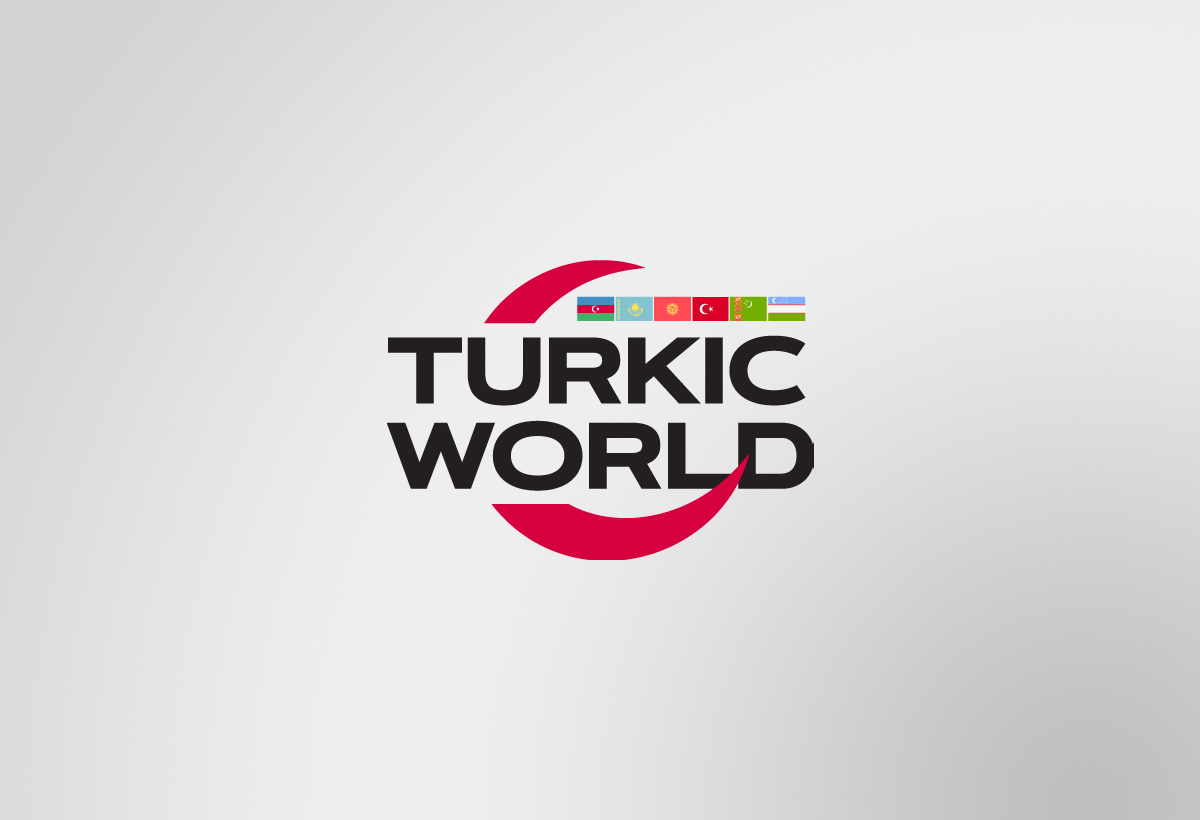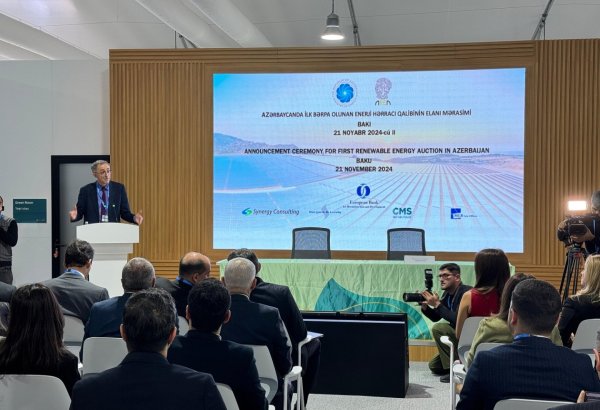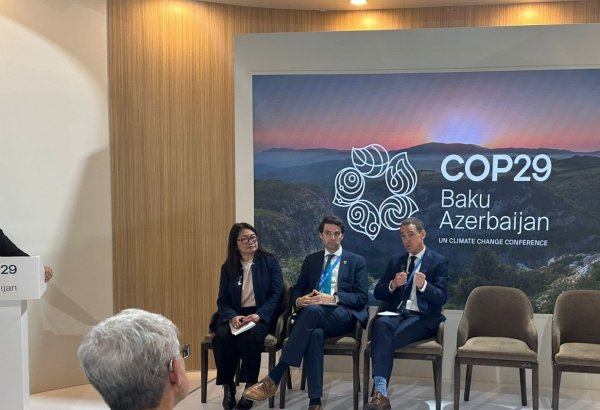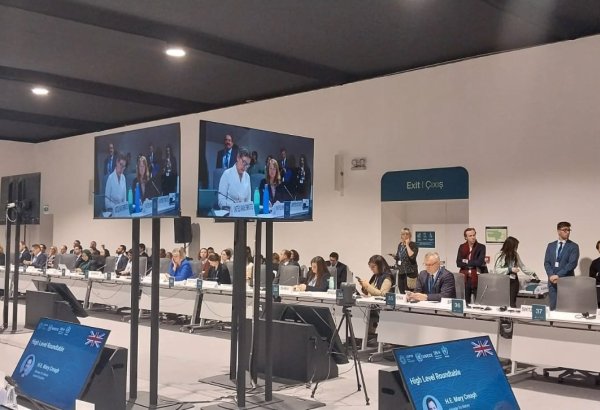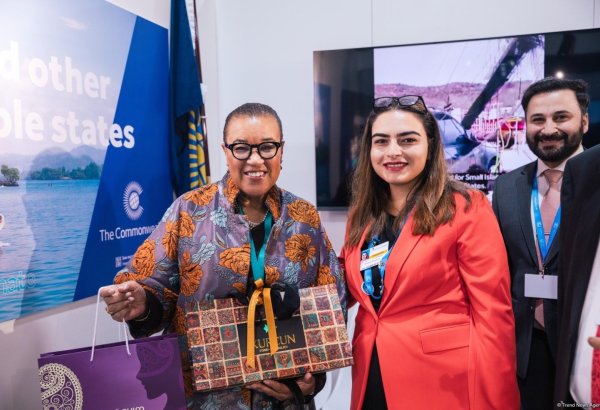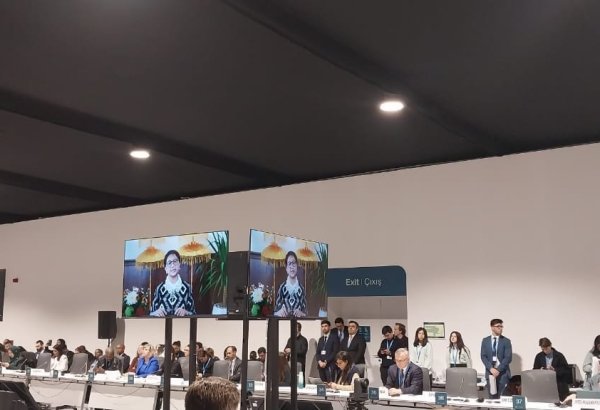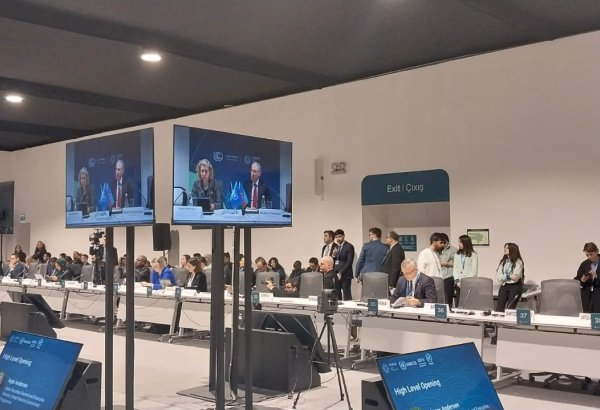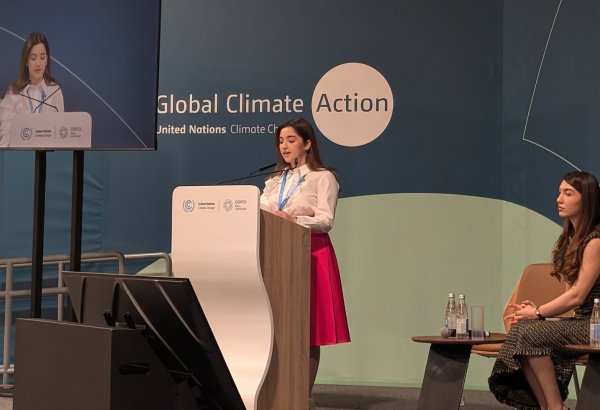BAKU, Azerbaijan, November 21. Water supply is mentioned as a high priority in only five percent of Nationally Distributed Contributions (NDCs), Secretary of the United Nations Economic Commission for Europe (UNECE) Sonia Keppel said at the COP29 high-level roundtable themed "Water for Climate: Integrating Water Solutions into NDCs and NAPs Biodiversity, Water and Climate Nexus" today, TurkicWorld reports.
As part of the Water Convention, which is a global legal instrument for trans-boundary cooperation, we conducted an analysis of National Adaptation Plans (NAPs) and NDCs to determine the extent to which these issues are taken into account.
The situation is better with NAPs: water supply and sanitation aspects are included in more than half of them, and water supply and sanitation are considered high priorities in a significant portion of these plans.
Around 40 percent of the plans take transboundary water management into account to some degree. However, the situation with Nationally Determined Contributions is much worse. Specifically, water supply as a high-priority aspect is mentioned in only five percent of NDCs, sanitation and hygiene in about 16 percent, and trans-boundary issues in less than two percent of NDCs.
Therefore, we hope that the next cycle of NDCs and NAPs, which are still being developed, will give more attention to water issues, including the above-mentioned ones. This is why the Water Convention has developed not only an analysis but also an action-oriented document with recommendations on how to include these topics in the priorities," she pointed out.
To note, the 29th session of the Conference of the Parties to the UN Framework Convention on Climate Change (COP29), which will run until November 22, opened at the Baku Olympic Stadium on November 11. It is the largest event organized by Azerbaijan to date, and the first time in the region that it is being held in Azerbaijan.
Within COP29, the highest level event - the summit of world leaders on climate action - was held on November 12–13.
The main expectation from COP29 is to agree on a fair and ambitious New Collective Quantitative Goal (NCQG) on climate finance. The COP29 chairmanship has launched 14 initiatives that include linkages between climate action and the Sustainable Development Goals, including green energy corridors, green energy storage, harmony for climate resilience, clean hydrogen, methane reduction in organic waste, action on green digital technologies, and other topics.
In addition to being a top priority that creates the conditions for action, creating climate finance will also help fulfill the 1.5°C pledge by bringing everyone together.
The UN Framework Convention on Climate Change is an agreement signed at the Rio Earth Summit in June 1992 to prevent dangerous human interference in the climate system. The acronym COP (Conference of Parties) stands for "Conference of Parties" and is the highest legislative body overseeing the implementation of the Framework Convention on Climate Change.
A total of 198 countries are parties to the Convention. Unless otherwise decided by the parties, COP is held annually. The first COP event was held in March 1995 in Berlin, and its secretariat is located in Bonn.








